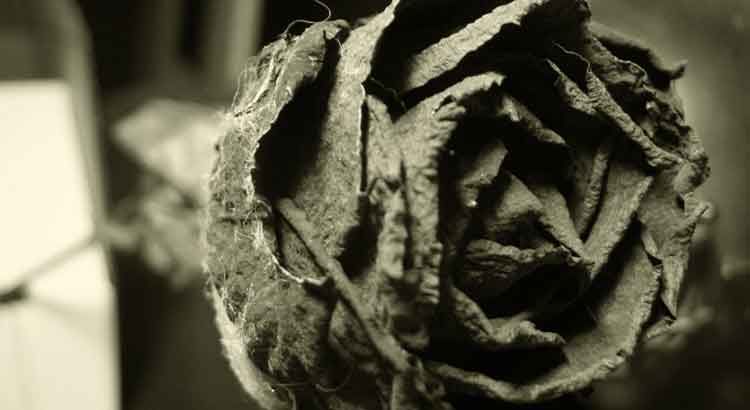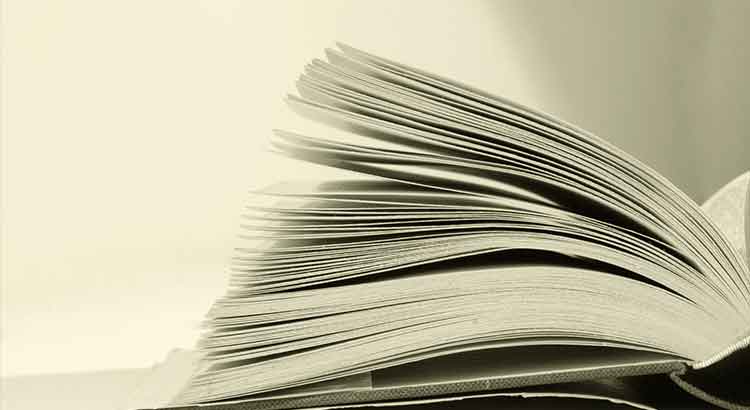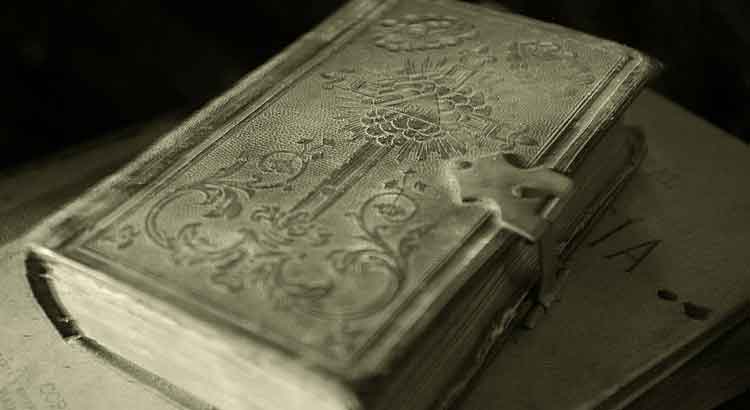In Symbolism, it was sterility seen as a virtue and artistic choice. However… how to say? It is natural in the one who employs all his spirit in art, who devotes himself wholly to art to produce it in abundance. Fecundity is, to a great extent, dedication. In the Symbolists, it was not an isolated case of slacking off, or of giving oneself over to depravity. Let us meditate: how is it possible to value the artist who does not value himself and destroys himself in very low habits? the artist who despises his talent and spends most of his time in petty activities? It is true: there are cases in which the work speaks for itself. But the sterile artist limits himself: his work, though strong, lacks breadth, multiplicity—qualities that would probably be attainable through effort. From all this, the conclusion: a genius becomes what he engenders and, ultimately, his dimension is also conditioned to his effort.
Tag: literature
Models and Identification
I have models; models consciously chosen and forcibly incorporated into my literature; models that represent, in my judgment, what is aesthetically best in all genres. But a model is, if anything, an inspiration, an influence for a different creation. I cannot even imagine the feeling of someone like Baudelaire, who found his own aesthetic theory described by Poe. How is it possible? Perhaps it is, here as in everything else, a matter of feeling some belonging, of being or not being able to experience a full identification—a matter, in short, psychological-existential.
Great Artists Always Survive
Thinking coldly, Pound’s judgment that great artists always survive and always will is dubious. Although time often makes corrections to the fortunes of many authors, it is difficult to conclude that it is an infallible avenger. One need only think of the number of lost works from antiquity—a rather forceful objection. But it is also possible to think of the artists who have never been contemplated. How many would there be?… We are forced to admit that luck is always the determining factor.
Literature Is an Answer
Another by Pavese: “La letteratura è una difesa contro le offese della vita”—I add: not only a defense, but an answer. Perhaps because he did not see it and, at some point, thought that the defense was useless, Pavese resorted to suicide. Suicide only serves as an affirmation for the artist who, for a moment, completely loses hope in art. By killing himself, Pavese renounced his genius, the possibility of recording in literature the uniqueness of his experience; he finally assumed the uselessness of art, its inability to overcome life while filling it with meaning. In short, this is the judgment the poet bequeathed us.



